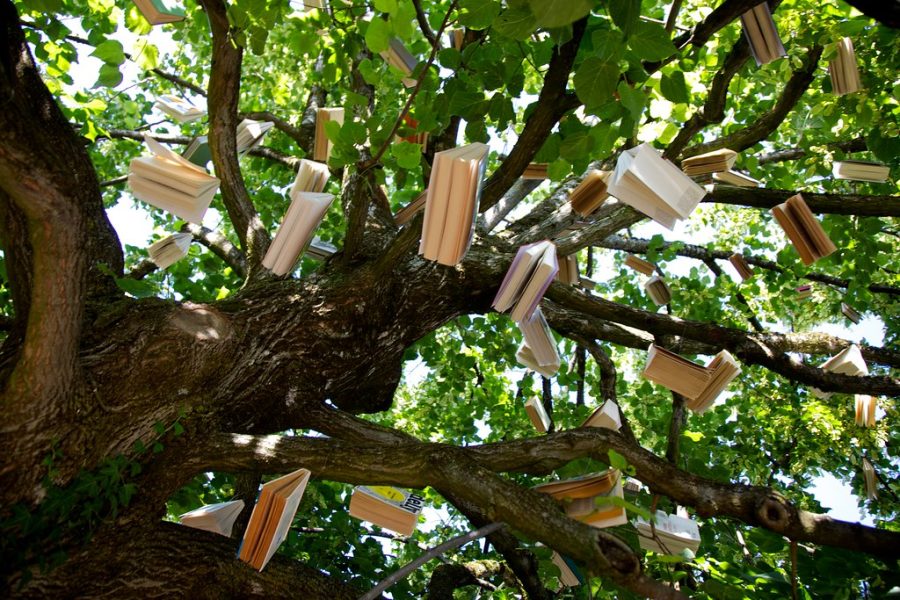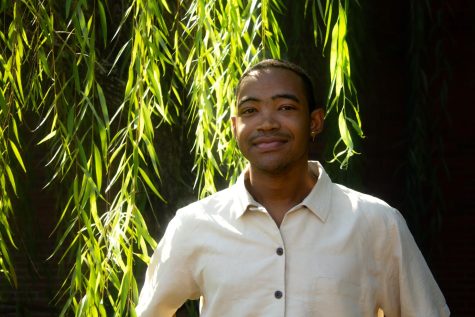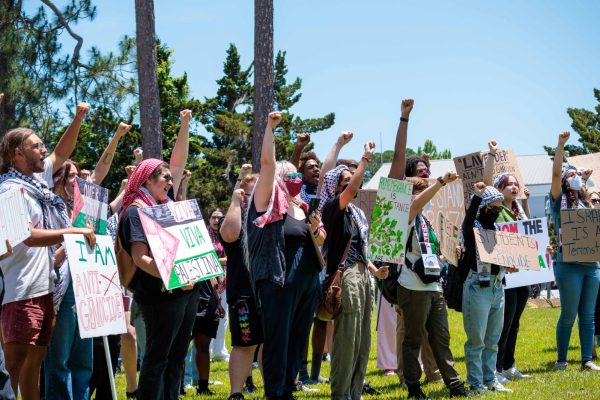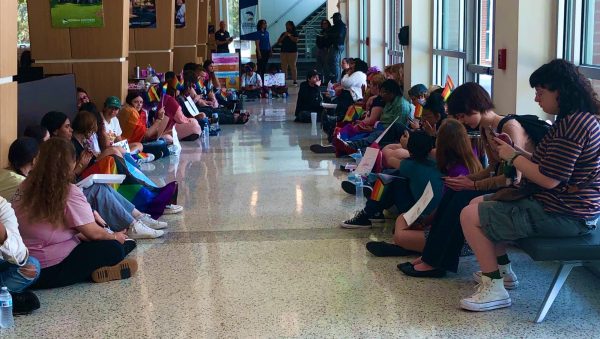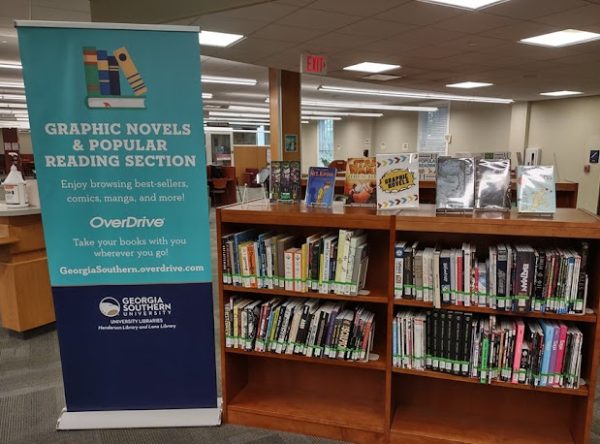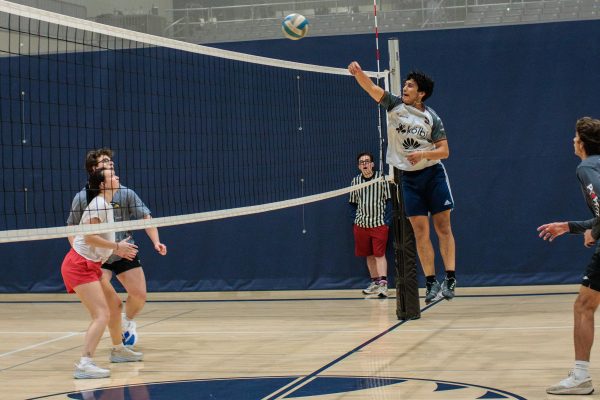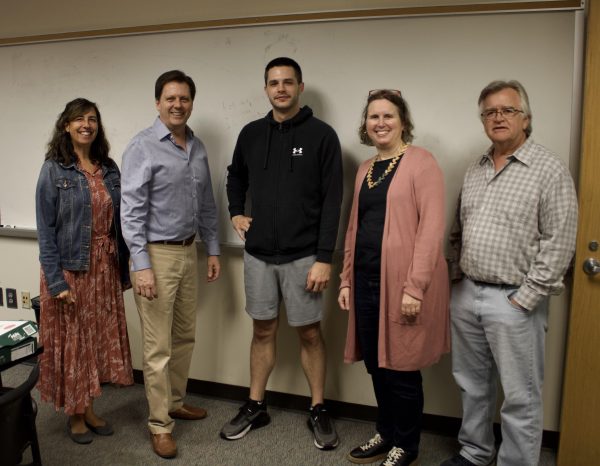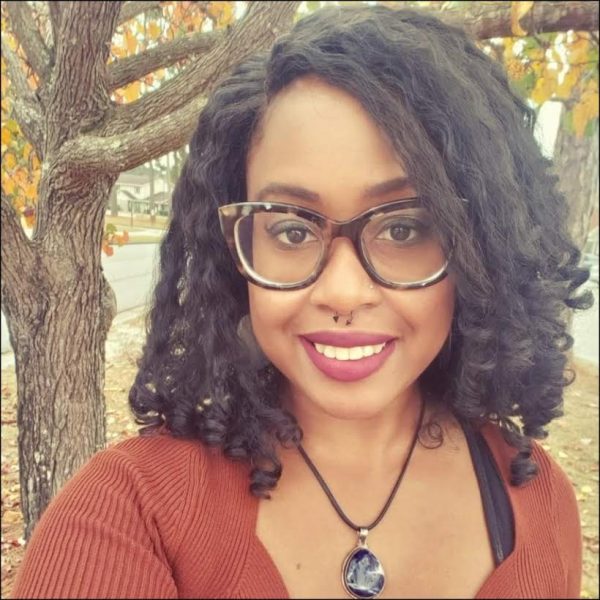Op-Ed Tree-Search: Fuel Your Mind & Help The Earth
“Tree of books” by timtom.ch is licensed under CC BY-NC-SA 2.0.
I have a guilty pleasure: I like to go on internet deep dives where I explore very niche topics for hours on end.
Last week I was enthralled by the Ancient Egyptian mummification process which somehow fell into a rabbit hole of mummy portrayal in modern media and ended up on a Wiki page about Cleo De Nile from the toy series Monster High.
Recently, I was made aware of a way to turn my endless perusing through Google into something that could have a direct and lasting impact on the planet.
Ecosia is a free-to-use search engine that offers a no-brainer bargain. The engine uses its ad revenue to plant and grow trees. This means knowledge and trees planted for doing something that we as students do multiple times a day.
Bryce Bermudez, a Writing and Linguistics junior and the President of Eco Advocates on the Armstrong Campus, has been using Ecosia since his freshman year. “It’s this easy,” he tells me. “You just search and after 45-50 searches they get enough ad money to plant a tree. You don’t have to do anything, you just do what you do anyway.”
Bermudez is currently leading a campaign to establish Ecosia as the default search engine for all Georgia Southern Campus Devices.
It would be a cross-campus push toward a greener future. Ecosia also offers the option to follow your university’s direct impact.
“If you want to help with the campaign, you can contact me and we can get you information on that,” Bryce offers to all interested parties.
Bermudez also invites everyone to take personal action by adding Ecosia as a default search engine on personal devices. It can be added as an extension to browsers like Chrome and Safari and is also available to download in most app stores for phones and tablets.
“Once you get it set up, you just keep doing positive change without any effort,” Bermudez states. “So it’s awesome in that sense. But also, as a place of academia we have to think about climate change and how we can mitigate it as much as possible.”
“Capturing carbon through trees and supporting natural ecosystems is very good. A lot of these ecosystems can be a buffer for climate change,” Bryce reasons.
“It’s an easy way for the entire campus and all the people who use the computers here to have a big effect at a global scale.”
For more information about this ongoing campaign, do not hesitate to connect with Bryce via email at: bb24437@georgiasouthern.edu


